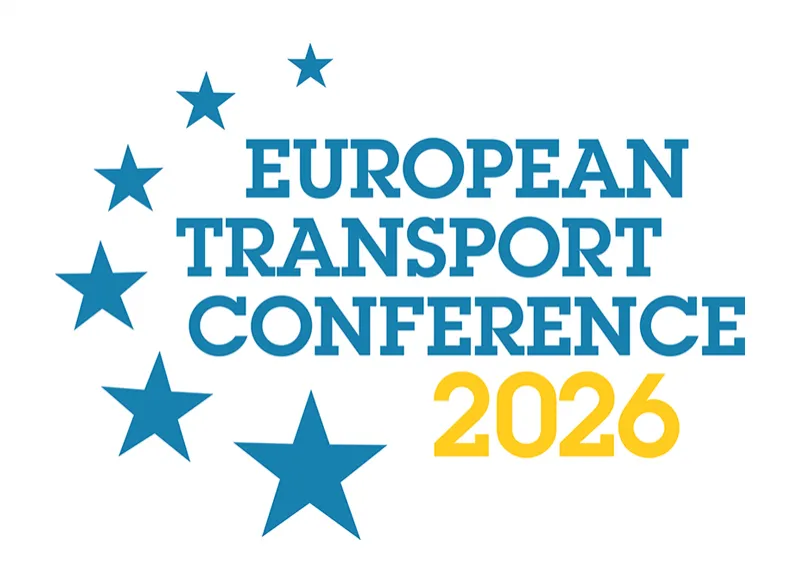During the 51st European Transport Conference in Milan a plenary debate was held on Thursday 7th September 2023 entitled “Will National Plans Achieve Transport Emissions Targets Across Europe?”
A strong panel of experts represented national and regional governments and academia across Europe, which included Filip Boelaert (Secretary General, Department of Mobility and Public Works, Flanders, Belgium), Amanda Rowlatt (Chief Analyst, Analysis and Science Directorate, Department for Transport, United Kingdom), Dr. John Martin (Head of Climate Engagement and Governance, Department of Transport, Ireland) and Professor Thierry Vanelslander (Dept. of Transport & Regional Economics, University of Antwerp, Belgium).
The debate was opened and chaired by Conall Mac Aongusa (AET Board member) who underlined the fairness and equity questions regarding plans and measures included in the national plans, and questions vis-à-vis progress made in reducing transport emissions across Europe at individual level and in the broader population. He then raised the following questions:
- Are separate national emissions plans the most effective way to achieve the emissions reductions and to slow down the rise of global temperatures given the urgency and immediacy of the climate crises?
- Who should bear responsibility for action and what actions should be taken?
- What role and responsibility can we as organisations and individuals play to achieve emissions reductions?
- And finally, what is to be done if we miss the emissions reduction targets?
Each of the speakers then explained what was being done in their countries in relation to closing the emissions gap between planned targets and realistic achievable levels, identifying some imminent barriers and challenges and their views on ways to mobilise the public towards Net Zero emissions’ transport system.
Filip Boelaert focused on short- and medium-term measures to decarbonise and electrify transport in Flanders. Flanders has set ambitious goals as electrifying its transport sector from 2029 on, yet substantial challenges remain.
Amanda Rowlatt reported UK carbon targets oversight, policies, and plans, as well as UK transport sector current and near future progress, addressing the elements of the wider electric vehicle system to support expected dramatic surface transport electrification.
After showing the recent transport emission trends and targets in Ireland, Dr. John Martin stressed the importance of Avoid-Shift-Improve strategy to decarbonise the transport sector in Ireland and emphasised the role of public engagement and media campaigns addressing individual transport users’ awareness and need for individual action, coupled with State delivery, in this respect.
Prof. Thierry Vanelslander pointed out the challenges on global freight transport impact on GHG emission reduction and associated climate change regulations, policies, measures, and actions on multiple levels.
The presentations were then followed by a debate moderated by Vladimir Momcilovic (Chair of GTiT Programme Committee, University of Belgrade, Serbia) and questions by the audience. The range of questions included concerns about the tendency to ignore the Avoid-Shift-Improve approach and focus only on “Improve” measures, and concerns about the challenges of communicating the key messages to the wider public and the importance of considering the psychological aspects of public engagement and communications strategies, which target behavioural change.
The debate was very energetic and engaging and highlighted the urgency to address the reduction of transport emissions across Europe. This is an important theme which will continue to be raised and discussed at future ETC Conferences and at AET events.











